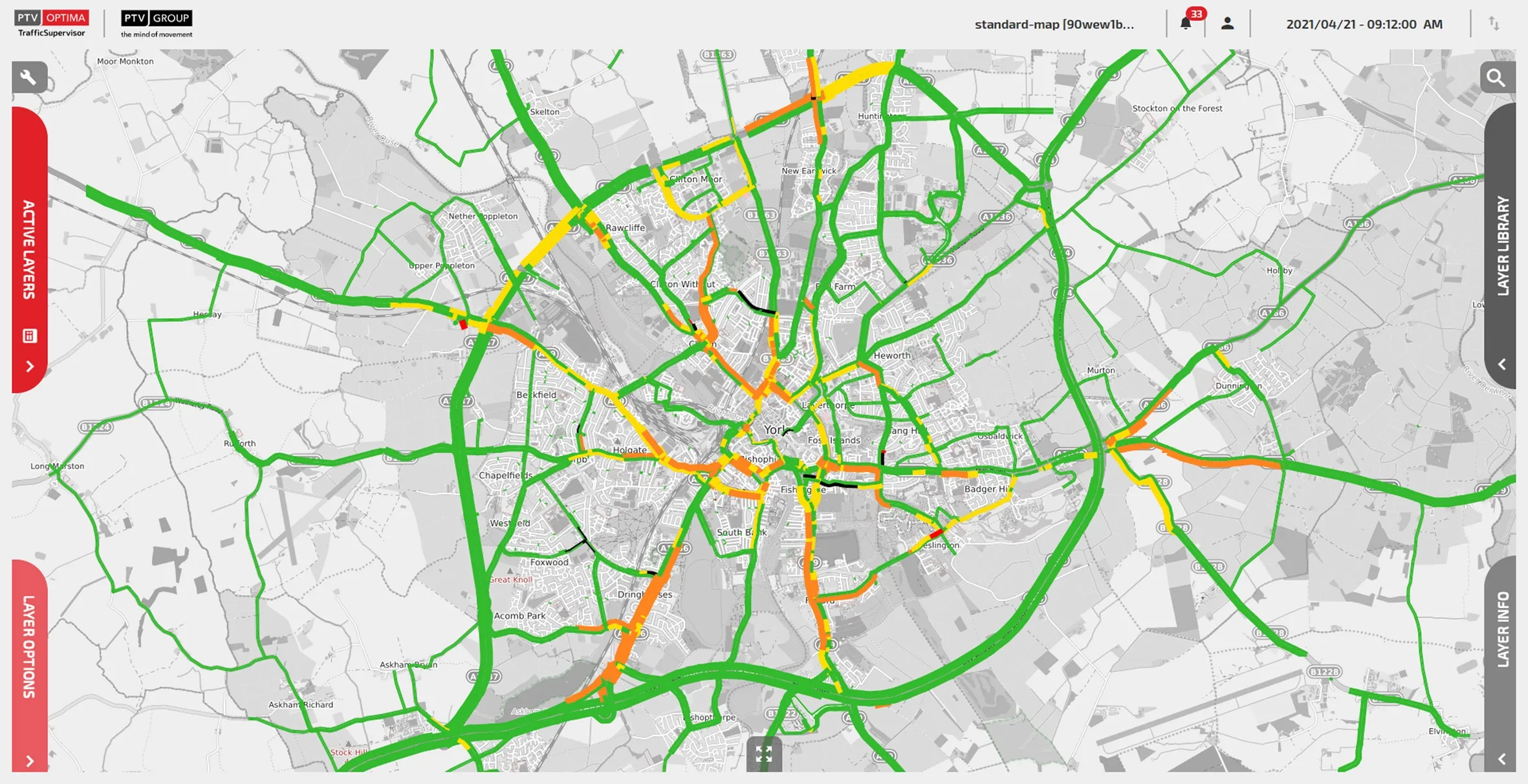PTV has joined forces with Arcadis with the stated aim of reshaping the way data is used to plan and manage future mobility in cities.
PTV says its partnership with Arcadis, a design and consultancy organisation, will provide decision makers with a blend of methods and tools to establish new mobility concepts while allowing simulations of different scenarios to run faster.
Stephan Ritter, Arcadis executive innovation and transformation, says the company’s blend of management consultancy and engineering capability complements PTV’s transport modelling technology.
“Together we aim to provide enhanced mobility solutions to our clients, as well as strengthen our urban strategy and disrupt the field of global transportation modelling,” Ritter adds.
PTV partners with Arcadis to improve urban mobility solutions
PTV has joined forces with Arcadis with the stated aim of reshaping the way data is used to plan and manage future mobility in cities.
PTV says its partnership with Arcadis, a design and consultancy organisation, will provide decision makers with a blend of methods and tools to establish new mobility concepts while allowing simulations of different scenarios to run faster.
Stephan Ritter, Arcadis executive innovation and transformation, says the company’s blend of management consultancy and engineering
May 17, 2019
Read time: 1 min









